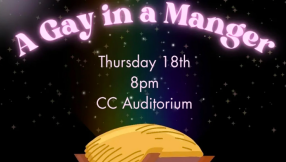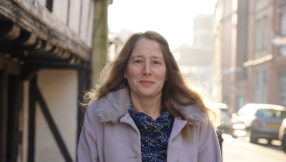The Archbishop of Canterbury has said he does not support a second referendum on Brexit.
Archbishop Justin Welby, speaking today in the House of Lords, said he was speaking not in a corporate but in a personal capacity.
'The referendum campaign, and its aftermath, revealed deep divisions, my Lords, in our society,' he said. 'This feels like the most divided country that I have lived in in my lifetime.'
Whatever the outcome of the next two years, the future of the nation – particularly for the most vulnerable – will be 'profoundly damaged' if we arrive in 2019 even more divided, without a common vision to confront the opportunities and challenges before us, he said.
'To meet these opportunities and challenges – in every aspect of policy and every level of society – we must find a level of national reconciliation. So how we conduct this process is as important as the outcome itself,' he added, before voting against the proposal for a second referendum on the terms of Britain's exit from Europe.
'I believe it would be dangerous and unwise and wrong to reduce the substance of the terms on which we exit the European Union to the result of a binary yes-no choice taken last summer – and the government should avoid any inclination to oversimplify the outcome of the most complex peacetime negotiations, probably ever.
'But neither is the complexity of a further referendum a good way of dealing with the process at the end of negotiation. It will add to our divisions. It will deepen the bitterness. It is not democratic. It is unwise.'
Division of the country is not a mere fact to be navigated around like a rock in a stream, but something to be healed, he added.
'In many years in which I've worked in countries in the midst of deep division – sometimes armed, sometimes merely civil division – seeking to bring reconciliation and building common vision, both here and abroad, there are two cardinal errors.
'The first is to complicate process; the second is artificially to simplify complicated substance.'
He was speaking during the Report stage of the European Union (Notification of Withdrawal) Bill and voted voted against the amendment proposing a second referendum on the terms of Britain's exit from the European Union. One hundred and thirty-one voted in favour and 336 voted against.













